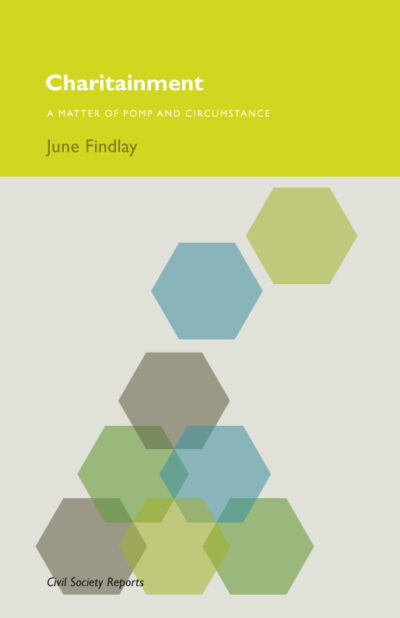Description
By Torbjörn Einarsson 2012
Membership-based organizations perform many functions in society. Federatively organized trade unions, sports organizations, religious congregations and other voluntary or nonprofit organizations are often large, multi-level associations. In addition to performing important services these organizations are ascribed a central role in society’s governance. They are expected to enhance the voice of the citizens and to function as schools of democracy.
Based on a sample of membership organizations in Sweden – among them the Red Cross, the Social-Democratic Workers’ Party and the Swedish Football Federation – this study sets out to analyze the internal governance system in this type of organizations. Basic theoretical models of human behavior – including how and why individuals choose to get involved – and of governance of organizations are elaborated in order to adapt them to a reality which is more complex than has been previously understood.
A model of factors which affect involvement in governance is presented and the analysis shows that a model of membership consisting of a bundle of dimensions is useful for creating new insight into members’ participation. The results suggest that participation is complex and depends on many factors. One interesting result is that a majority of the members place an emphasis on the formal possibilities for influence in the organization. Yet, only a minority of the members actually takes part in the formal governance system, although most members seem prepared to act if they would be disappointed enough.
Torbjörn Einarsson has conducted his PhD work at the Stockholm School of Economics (SSE) and is today a researcher at Stockholm Center for Civil Society Studies at the SSE Institute for Research.





Reviews
There are no reviews yet.